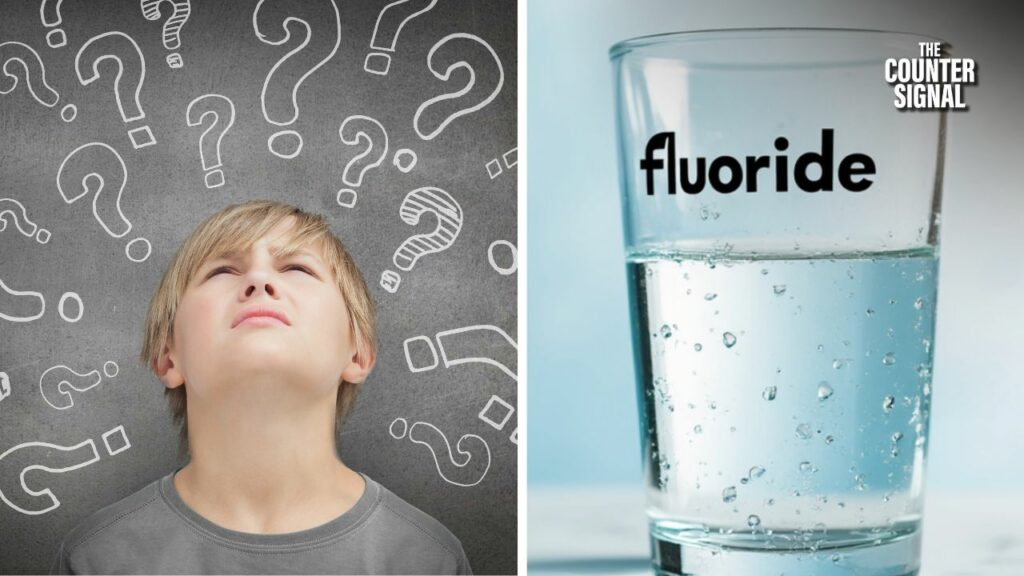A landmark U.S. government report has revealed a concerning link between fluoride levels in drinking water and lower IQ scores in children, at levels just 0.1 mg above the maximum that Health Canada recommends.

Conducted by the National Toxicology Program (NTP), the study found that children exposed to fluoride concentrations more than 1.5 milligrams of fluoride per litre had notably lower cognitive performance, estimated to be 2 – 5 IQ points lower than average.
“Since fluoride is such an important topic to the public and to public health officials, it was imperative that we made every effort to get the science right,” said Rick Woychik, director of the National Toxicology Program.
The 324-page paper stated that additional research is required and did not draw any conclusions regarding the hazards associated with reduced fluoride levels. The potential harm that excessive fluoride levels could cause to adults wasn’t addressed in the study, either.
Health Canada has long maintained that water fluoridation is a safe and effective public health measure for preventing tooth decay, recommending an optimal fluoride concentration of 0.7 milligrams per liter.
The agency advises that concentrations should not exceed 1.5 milligrams per liter to avoid adverse health effects, including dental fluorosis.
However, the NTP report’s findings suggest that even levels near this upper limit may pose risks to cognitive development.
Fluoride reduces dental decay by about 25%, but the tradeoff could prompt a reassessment of water fluoridation practices, particularly in areas where fluoride levels approach or exceed the recommended limits.










“Health Canada has long maintained that water fluoridation is a safe and effective public health measure for preventing tooth decay, …”.
Aah yes. Health Canada and their infamous “safe and effective” narrative.
That was the whole point all along. The government hates its citizens.